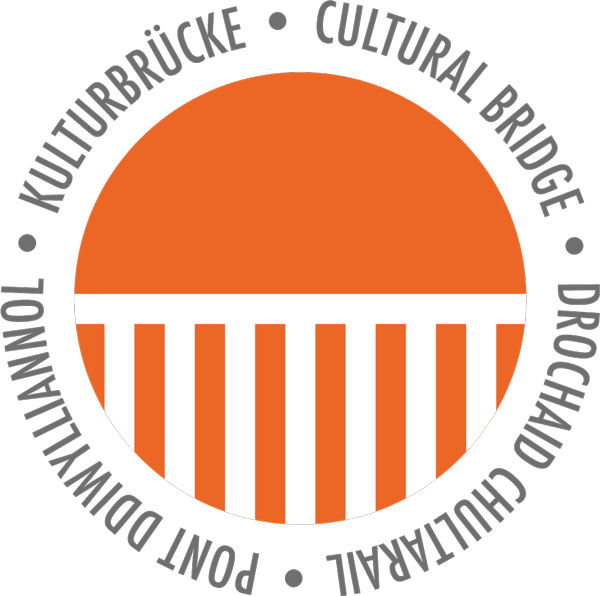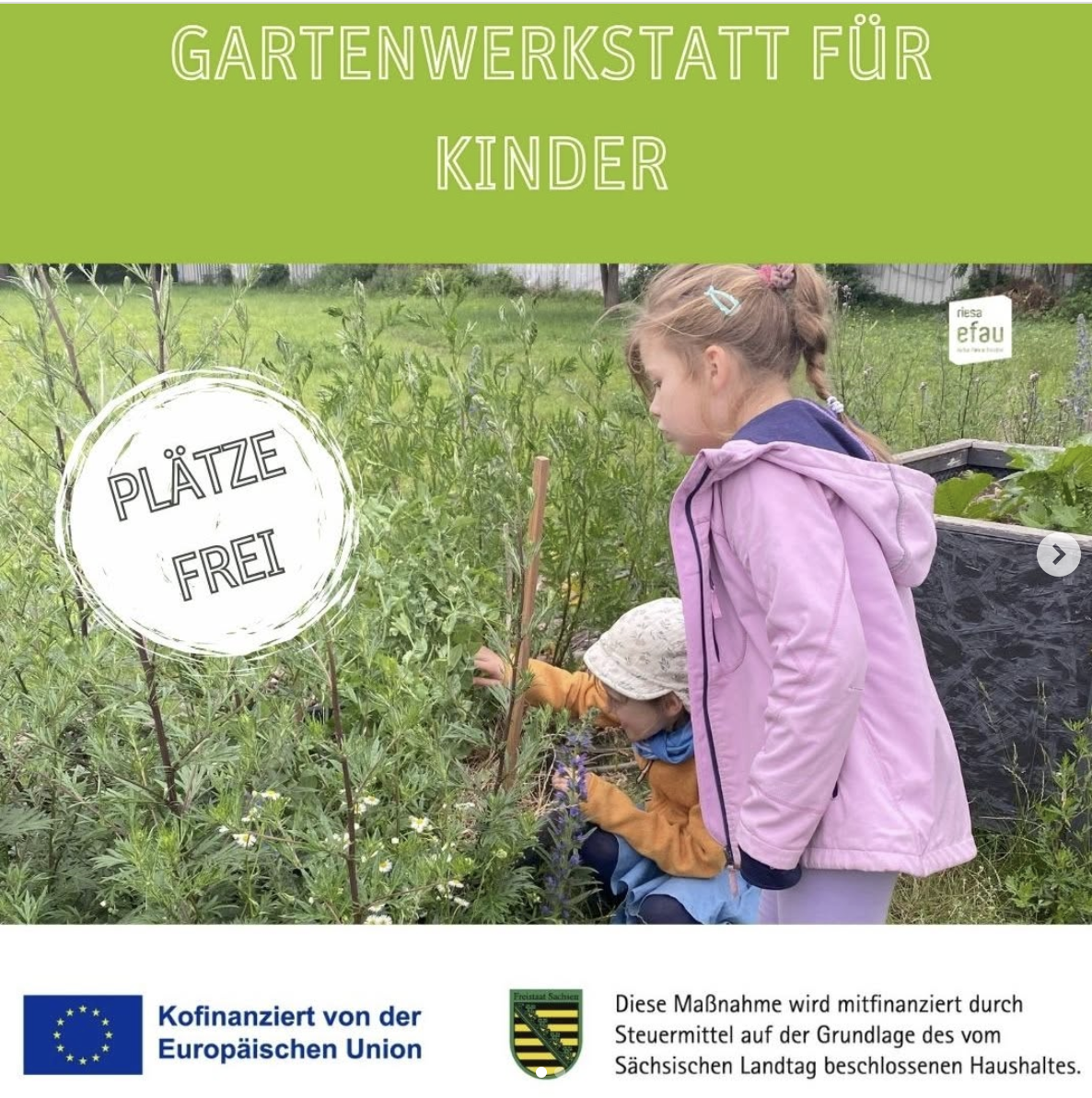
For the past two years, the multi-part exchange programme ‘Let the Grassroots Grow’ between riesa efau & Videocity and SET explored communities and the broader international art scene by examining the garden, nature and ecological activities as a meeting place for ideas and culture. Our goals are to bring in new perspectives with shared values and to develop natural production processes. We wanted to grow the ‘(grass-)roots’ of each participant and the collaboration into a sustainable partnership over the coming years.
The starting point and model for this exchange between two cultural institutions is the intergenerational garden (Generationengarten) of riesa efau (https://riesa-efau.de/gesellschaft-gestalten/mehrgenerationenhaus/generationengarten/) . The joint design and construction of the garden has improved the encounters and networking among the residents of Friedrichstadt. The Generationengarten has proven itself as intercultural and cross-generational meeting place and open green oasis space in Friedrichstadt. (This is a project co-financed by the European Social Fund for Sustainable Social Urban Development).
Colleagues and artists from SET – the largest studio provider in London – have visited Dresden twice. They were so taken with the garden project that they used it as a model for an equally accessible project at SET Woolwich, where the neighbourhood was invited to the garden and with numerous workshops and other cultural activities, such as video screenings and music events, have taken place.
Art production and gardening have thus become a constantly alternating process. The exchange programme “Let the Grassroots Grow” has truly taken off in different directions. The video programme with the same title showed six artists from Germany and England and was shown at the Runde Ecke in Dresden in May 2024 following by a travelling exhibition at SET from September 2024 to January 2025 at three different buildings.
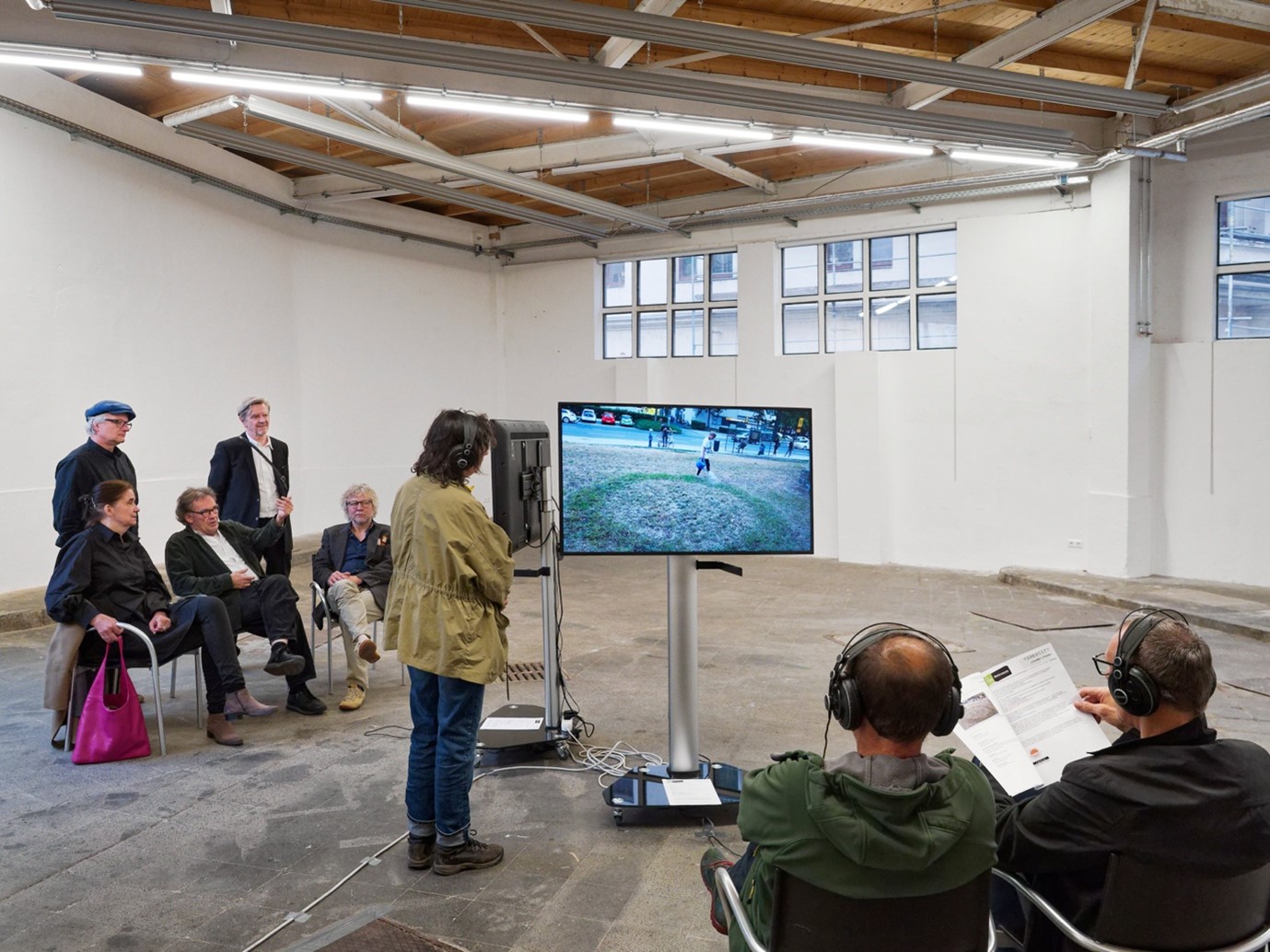
The exhibition ‘Let the Grassroots Grow’ at Runde Ecke in May 2024. The video on the screen is ‘Minimal Gardening’ by Veronika Pfaffinger. The photograph was taken by Andreas Seeliger.
We, from Dresden and Saxony, were also in London twice. It was here, in the middle of the 1000 SET studio artists, that the second exhibition idea was born, following the footsteps of the first project and the many different encounters: at a PechaKucha in December 2024 at SET Vault, short videos were discussed and selected together. The German-English curatorial team has grown and has since then initiated many encounters between based in England and Germany and the audience.
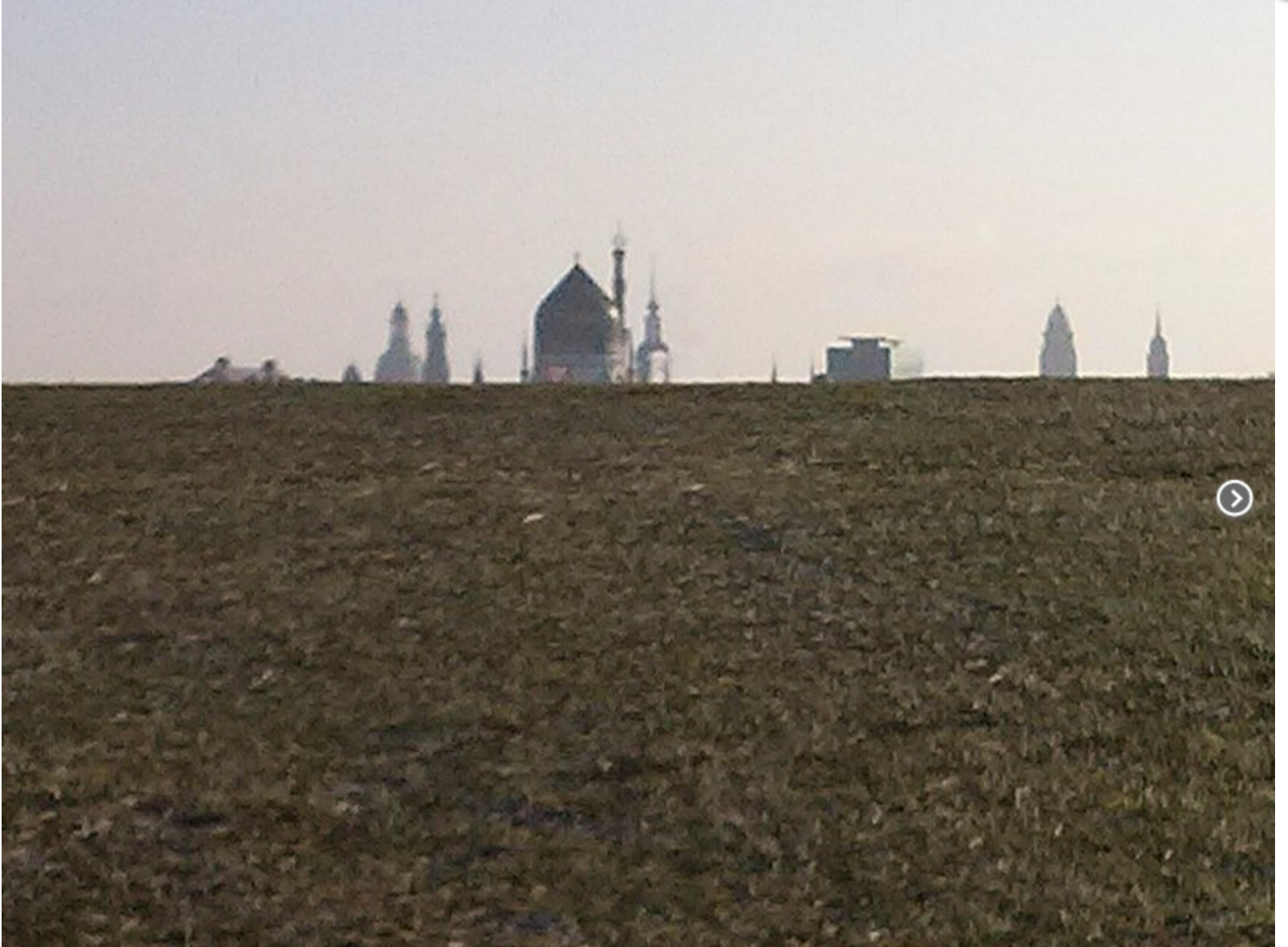
Neighbourhood Friedrichstadt, Photograph: riesa efau
And how is the intergenerational garden doing?
The gardening season is starting again with great enthusiasm from young and old – the open gardening hours are taking place every Tuesday, neighbours are sowing seeds and planting seedlings. On Fridays, the gardening workshop for children and numerous other workshops will take place again. For example, participants can paint plant pots or take part in a spring exchange to swap plants, seeds and clothes. Or join a series of walking tours to get to know the nature in the neighbourhood of Friedrichstadt and of parks in Dresden.
To mark the beginning of the gardening season, we invite our community to visit the exhibition ‘Posthuman Solidarities’ starting in late March 2025, also marking the end of the multi-part exchange ‘Let the Grassroots Grow’ between London and Dresden from February 2023 to March 2025.
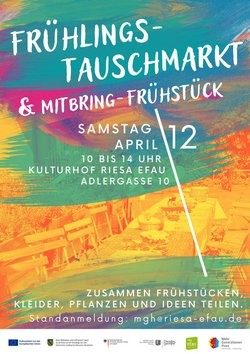
‘Posthuman Solidarities’ shows 6 video works by UK and Germany-based artists – Maria de la O Garrido, Chen Di, Jessica Dudziak, Stefan Hurtig, Gregor Petrikovič, Antje Seeger – offering perspectives on the intersections of nature and technology through a posthuman lens. The selection was co-curated by an international UK/Germany team composed of Frank Eckhardt (riesa efau), Andrea Domesle (Videocity), Polina Chizhova (Videocity) and Duncan Poulton (curator & artist based in London from SET’s network). Through this selection, we invite our visitors to think about how the non-humans actors that surround us – whether plants or technology.
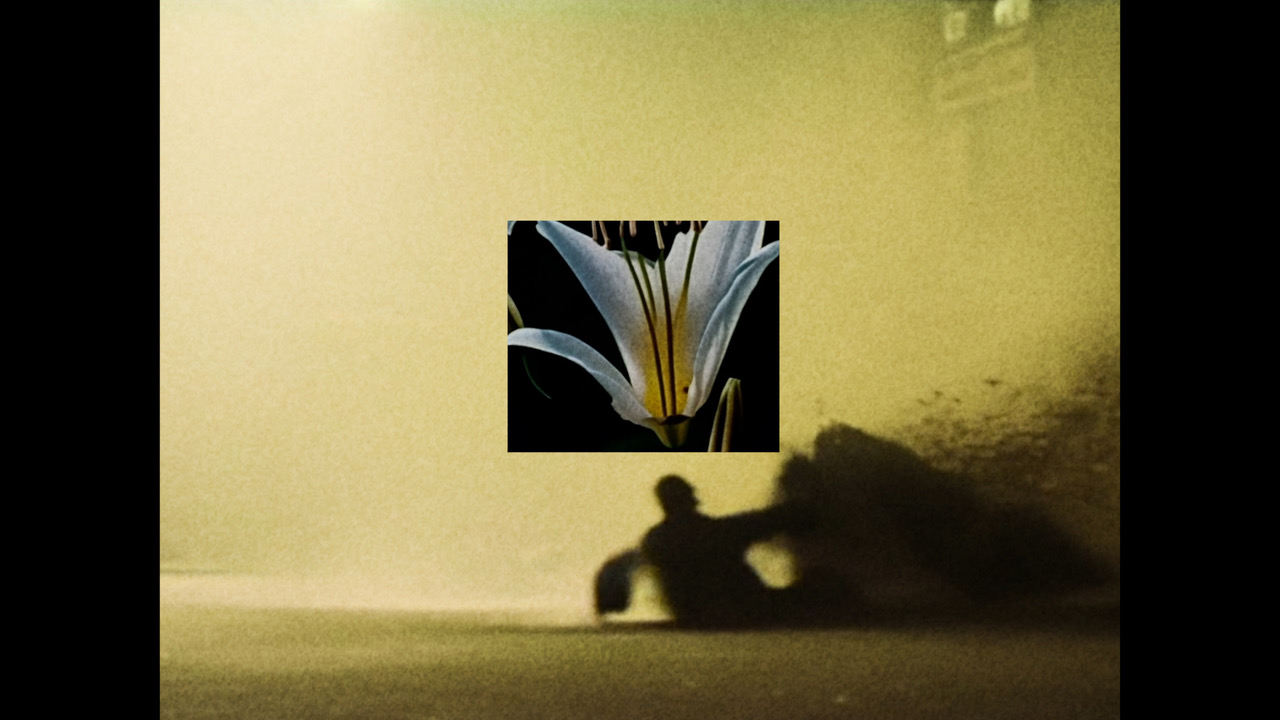
Still from ‘Sincerely, Victor Pike’, a video work by Gregor Petrikovič included in the ‘Posthuman Solidarities’ exhibition.
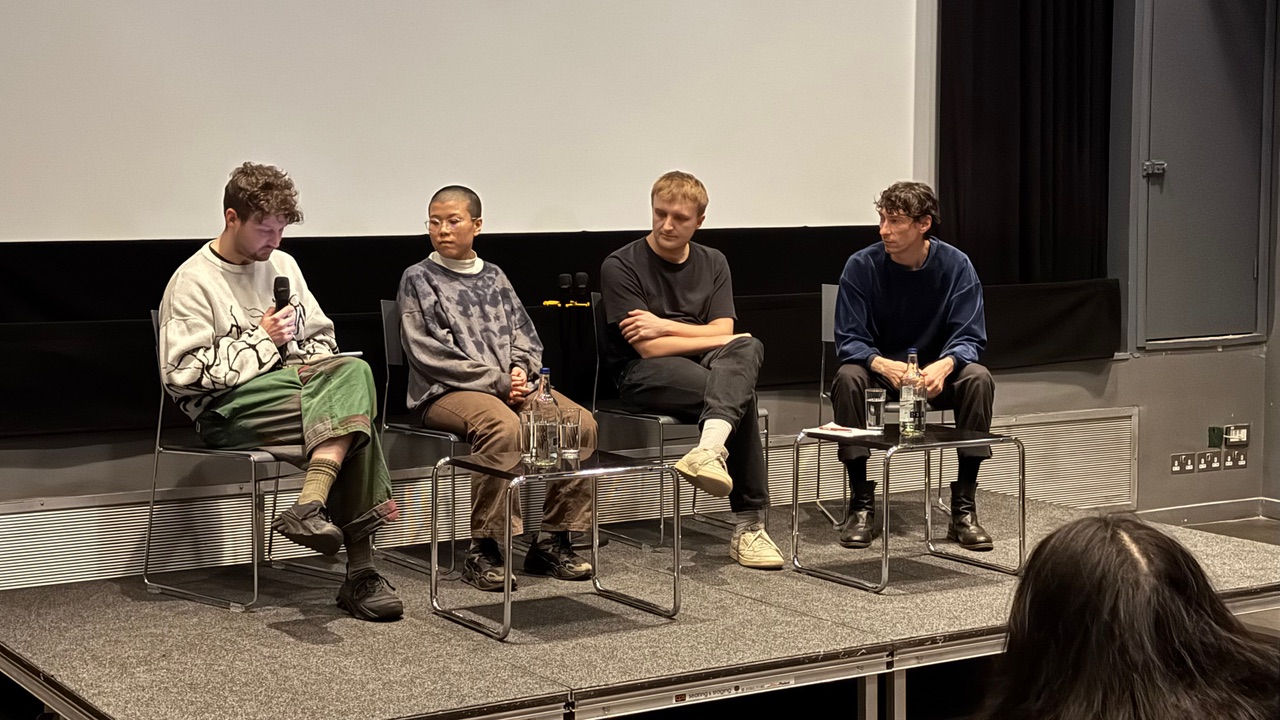
Photograph of the Panel Discussion following the screening of ‘Posthuman Solidarities’ at Goethe-Institut London on 10th March 2025. From left to right: James Stephen Wright, Chen Di, Duncan Poulton and Stefan Hurtig. Photo by Francis Christeller
The exhibition responds the 2025/2026 Videocity cycle ‘Posthuman’, which envisions scenarios where humans may no longer be at the core, painting pictures of realms populated by microorganisms, living machines made of organic materials or entirely novel modes of being. Posthumanism encourages us to shift from solely human perspectives and embrace a more inclusive coexistence with nonhuman beings in our world. Opening up perspectives and imagining diverse futures through compassionate connections with others creates possibilities for embracing entirely different modes of existence—ultimately fostering harmonious cohabitation with the nonhuman realms. The ‘Posthuman’ cycle invites artistic positions that shape their forms of reality, questioning our current position and how our lives can be altered or developed further by science and the programming of machines. How can we foster new ways of coexistence and care in an era of ecological disasters where technology increasingly influences our existence?
More projects have become seedlings and will be grown in the next years as well in other towns in Germany, England and worldwide thanks to Videocity’s international groups.
